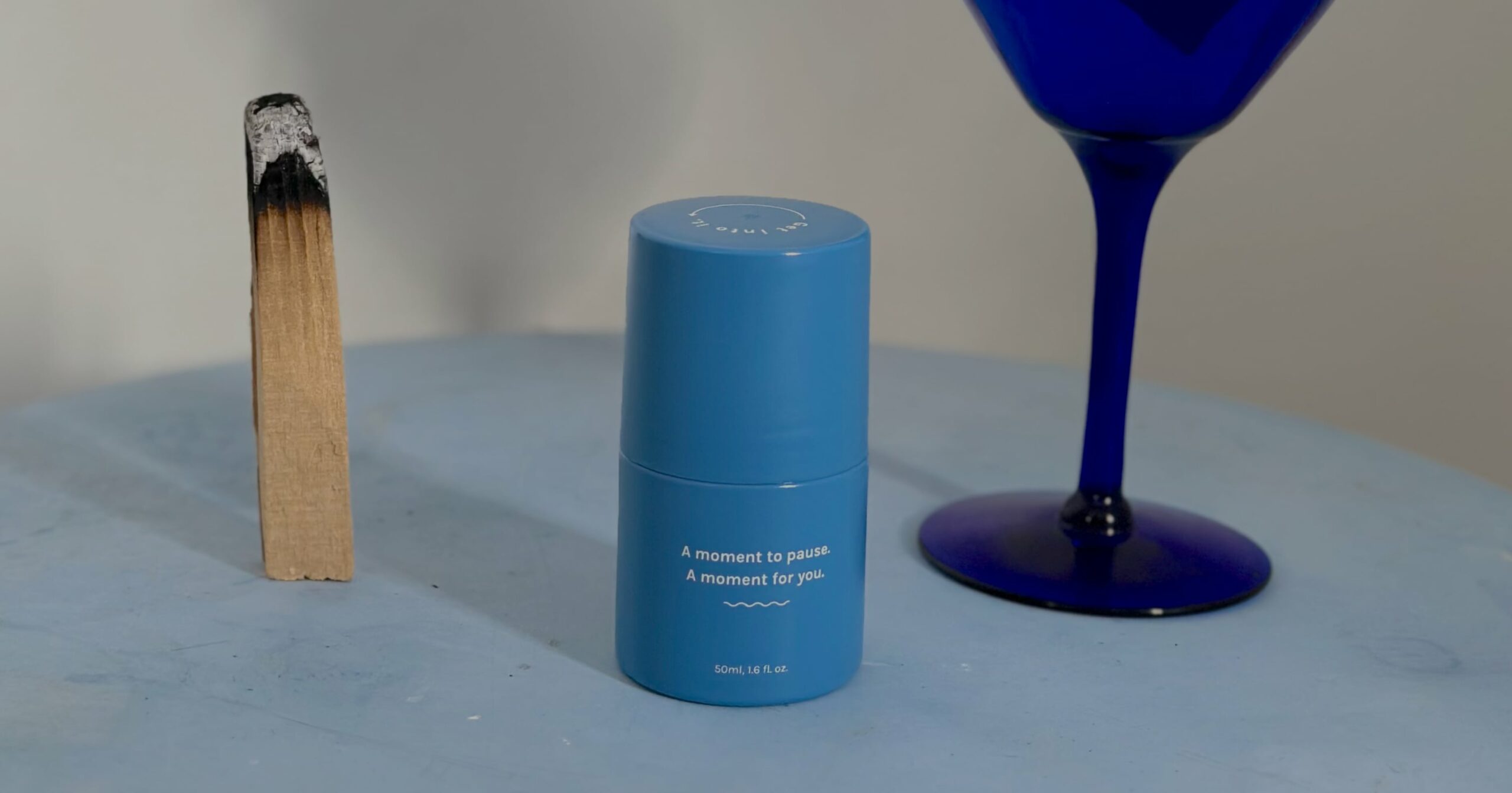Supplement brands are ready to tackle the Ozempic craze.
“Ozempic is the biggest trend in the world,” said Muriel Gonzalez, president of The Vitamin Shoppe. “It’s not the biggest health trend. It is the biggest trend.”
But weight loss drugs aren’t for everyone. They’re expensive, some costing up to $1,200 a month. They’re hard to get. They require a weekly injection. Plus, consumers looking to lose 10 to 20 pounds aren’t good candidates for them.
That’s where supplements come in.
Related Articles
Recently, a slew of brands are entering the weight loss game with alternatives to prescription products, featuring ingredients like berberine and complementary products like probiotics.
“[It’s] the Oprah effect,” said Gonzalez. “Her speaking out on her own journey is very beneficial to a lot of people who maybe were curious but not ready.”
Allie Egan, founder of Veracity, which recently launched a metabolic health supplement, added: “When people share what has been successful for them, that’s how we move things forward.”
The timing couldn’t be better. Experts say there is a demand for new weight loss solutions — 60 percent of respondents to a recent McKinsey survey said they are actively trying to lose weight.
“The weight loss pills and supplements had actually been a quite stagnant category two or three years ago before the category was upended by GLP-1s (glucagon-like peptide 1),” said Anna Pione, an analyst at McKinsey. “It’s always been a significant unmet need state for consumers.”
While the new generation of supplements don’t compare to the efficacy of drugs, analysts say they represent a significant opportunity to reach certain consumers, including people looking to lose minimal weight, those hesitant to try clinical solutions or those weaning off of drugs.
“We’re seeing so many customers in our community who are asking for natural solutions to weight management, or solutions to their sugar and carb cravings,” said Simon Huck, Kourtney Kardashian Barker’s partner on supplement brand Lemme. “It’s all connected to this GLP-1 craze.”

Berberine, referred to as nature’s Ozempic, has become popular in this category, as studies show it could support metabolic health and glucose levels. It has reached $10.7 million in sales over a recent 52-week period, according to data provider Spins.
“It is a natural plant compound that can assist with blood sugar control by slowing the breakdown of carbohydrates in the gut,” said Ilana Muhlstein, registered dietitian nutritionist and health content creator. “Some studies have shown that berberine may be able to reduce blood sugar levels and hemoglobin A1C similar to diabetes medications.”
Hum Nutrition has a version called Best of Berberine, $35, which has become a bestseller since its October launch.

“This is going to be huge in the years to come,” said Walter Faulstroh, cofounder and CEO of Hum Nutrition. “We saw this trend [of berberine] growing on social media, and we’re like, ‘OK, it’s a trend. Let’s look at the data…’ Berberine has more than 70 clinical studies that are strong that suggest its efficacy.”
Faulstroh also cited the usage of berberine to treat diabetes in Ayurveda as a driving factor to create the supplement. Other brands like Tally Health and Thorne also have berberine-based offerings.
Lemme and Veracity have also explored this category with formulas that blend all-natural ingredients clinically proven to support weight management, reduce cravings and promote healthy glucose levels. In addition, both brands have formulas that target the activated protein kinase pathway (AMPK), which activates fat burn. Other brands like JS Health, Love Wellness and Olly have created similar products that feature a blend of natural, metabolism-boosting ingredients.

While gummy-based ingestibles are popular in other categories, Huck said that when it comes to the weight management space consumers are gravitating toward capsules.

For its part, Pendulum is taking a different approach with its GLP-1 Probiotic, $95, which has been in the works for the last decade. It uses bacteria strains that naturally increase the GLP-1 hormone, which curbs hunger. In comparison, GLP-1 drugs use synthetics to mimic the hormone to deter feelings of hunger.

“When you go on those drugs, you have almost an immediate impact on your food cravings,” said Pendulum cofounder and CEO Colleen Cutcliffe, adding that this probiotic promotes the colonization of long-lasting strains so cravings are reduced in the long term. The effects of weight loss drugs stop when the user goes off of them.
She added: “It’s not your fault you might be missing these microbes that help your body produce GLP-1… If you had these strains and you’re making lots of GLP-1, you would have less of these cravings.”
In addition to their weight loss benefits, brands say these supplements could also be a tool for those weaning off of weight loss drugs.
“There will be a consumer who, post-treatment, may want to explore alternatives outside of typical prescription drugs, so the supplement space comes into play,” said Faulstroh.
Gonzalez sees an even greater opportunity for companies to address it from a complementary approach, especially as Morgan Stanley estimates 24 million Americans will be using GLP-1s by 2035. Complementary products include probiotics, fiber and protein, which all could aid in the efficacy and prevent the negative side effects of weight loss drugs such as a loss in muscle mass. Protein drinks, which support muscle mass, are up double digits at the retailer, according to Gonzalez.
“If you look at the projections for how GLP-1s are going to continue to grow exponentially over the next five years then, like anything else, the industry will adapt and continue to try to help customers and adapt to their needs,” she said.
Experts agree that there will continue to be a significant opportunity for supplement companies to engage in the weight loss conversation, whether it be with alternatives or aids for those on clinical solutions.
“There is a big opening for companies thinking about how they can coexist in that ecosystem,” said Pione.



